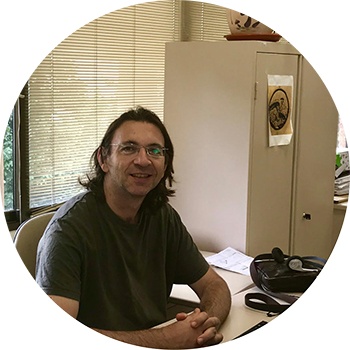Measuring Anti-immigrant sentiment: Prevalence & Predictors (MAPP)
| Hostile attitudes toward immigrants may have disruptive effects on the social cohesion of immigration-receiving societies. Thus, intense scholarly effort has been dedicated to unveiling the reasons for which some natives adopt unwelcoming or manifestly hostile views, accumulating valuable knowledge about individual and context-level predictors as a result. However, this collective achievement is clouded by two important limitations. (1) In contrast to an impressive wealth of information on drivers of attitudes toward the social reality of immigration as such, its perceived impacts, and its management (“attitudes towards immigration”), rather little is known about predictors of attitudes toward foreign-born people, especially specific groups or collectives of immigrants. (2) Extant studies are based almost exclusively on direct survey questions, despite the widely recognized fact that such obtrusive measures of anti-immigrant sentiment might be distorted by social desirability bias.
The MAPP project aims to address these limitations by means of innovative research procedures, including survey experiments. Based on the results of the EASIE project (see link below), MAAP shall adopt an integrally comparative perspective, analyzing natives’ attitudes towards immigration and immigrants in four countries with vastly diverging immigration experiences and migration regimes (Spain, Italy, Germany and Hungary). The project will be run by a highly qualified and multi-disciplinary international team. |
Components
Sebastian Rinken
Lead Researcher
Sebastian Rinken has a degree in Political Sciences from the Free University of Berlin (1990) and a PhD in Political and Social Sciences from the European ...
Read More »Manuel Trujillo Carmona
Manuel Trujillo holds a Degree in Mathematics. He is Coordinator of the Statistical Unit of the Institute for Advanced Social Studies (IESA-CSIC). His main research ...
Read More »
